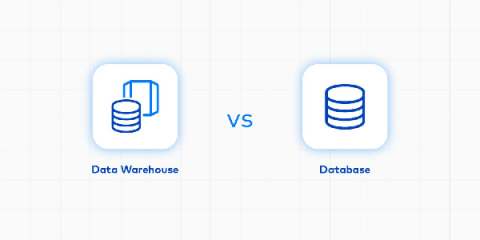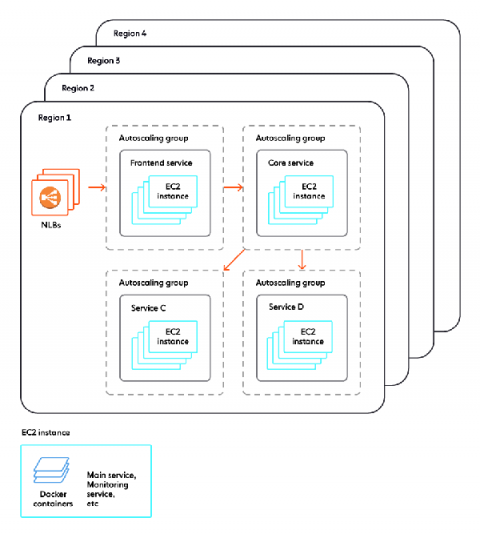6 Ways to Leverage Insomnia as a gRPC Client
In this article, we’re going to build a fun and simple gRPC server in Node.js. Then we’ll demonstrate how to use Insomnia to make gRPC requests on our server. First, let’s briefly cover some core tech concepts. If you’re already familiar with the basics, skip ahead to the tutorial or watch the video below.










